Resources
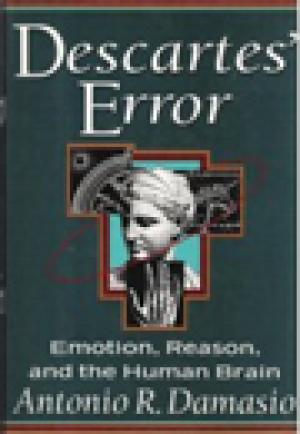
Since Descartes famously proclaimed, “I think, therefore I am,” science has often overlooked emotions as the source of a person's true being. Even modern neuroscience has tended, until recently, to concentrate on the cognitive aspects of brain function, disregarding emotions. This attitude began to change with the publication of Descartes' Error in 1995. Antonio Damasio—“one of the world's leading neurologists” (The New York Times)—challenged traditional ideas about the connection between emotions and rationality. In this wondrously engaging book, Damasio takes the reader on a journey of scientific discovery through a series of case studies, demonstrating what many of us have long suspected: emotions are not a luxury, they are essential to rational thinking and to normal social behavior. (From the Publisher)
Journal Issue. (This issue, and all "Spotlight on Teaching" issues prior to 1999, are not available on the AAR website.)
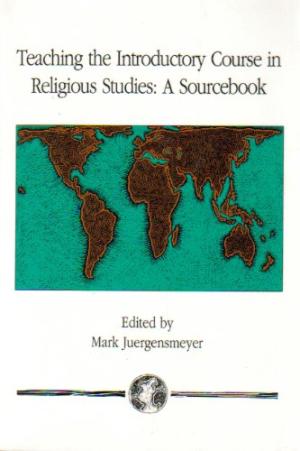
The objective of this volume was to collect resources to assist teachers of undergraduate courses in religious studies - especially those teachers whose training has been limited to only one religious tradition - and to provide reflection on the changing nature of the liberal arts curriculum, and the role that religious studies plays within it. (From the Publisher)
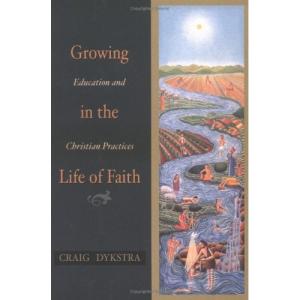
Craig Dykstra worked with Rev. Dr. Dorothy Bass to write Practicing Our Faith -- another classic book high on the recommended reading list. Growing in the Life of Faith explores the areas of ministry and Christian education with flair, sensitivity, and an imaginative compassion that is sure to touch and inspire readers, ministers, and educators. Dykstra's compassionate stance and creative and subtle nuances, respectful of varying points of view without denigrating any and beign supportive of general enlightened approaches parallels his work in the Lilly Foundation. (From the Publisher)
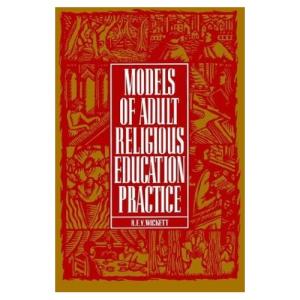
MODELS OF ADULT RELIGIOUS EDUCATION PRACTICE offers a foundational rationale plus a wide inventory of workable teaching procedures for vitalizing the religious education of adults. No other major book on adult religious education offers as wide a range of concrete teaching procedures as does this volume. The distinctiveness of this book lies in its holism. It provides concrete practical models for teaching cognitive, affective, and lifestyle outcomes to all kinds of adult learners in all kinds of settings. This volume has been widely praised by major authorities in adult education and religious education, including Allen Tough, Nancy Foltz, Ron Habermas, and Kenneth Gangel. (From the Publisher)
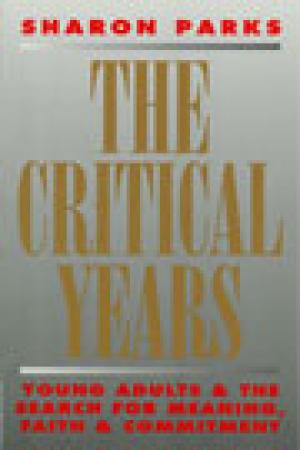
A key study for understanding the transformation of meaning in young adults. (From the Publisher)
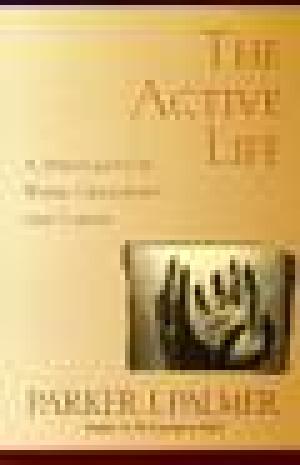
The Active Life is Parker J. Palmer's deep and graceful exploration of a spirituality for the busy, sometimes frenetic lives many of us lead. Telling evocative stories from a variety of religious traditions, including Taoist, Jewish, and Christian, Palmer shows that the spiritual life does not mean abandoning the world but engaging it more deeply through life-giving action. He celebrates both the problems and potentials of the active life, revealing how much they have to teach us about ourselves, the world, and God. (From the Publisher)
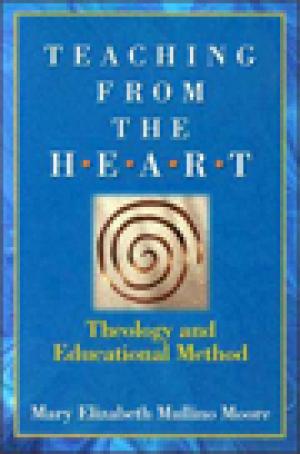
The author argues for an organic or process approach to religious, moral, and theological education. She takes up five reigning educational methods (case study, gestalt, phenomenological, narrative, conscientizing), gauges their strengths, weaknesses, and theological promise, and offers practical reformulations of each method. (From the Publisher)
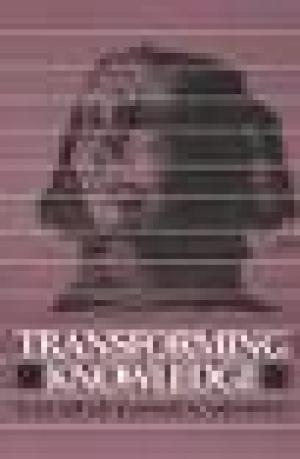
Transforming Knowledge suggests that education can serve neither the quest for knowledge nor the promise of a genuinely democratic system until some very basic intellectual errors are uncovered and corrected. Examining the heritage of a tradition created primarily by white Euro-American men who considered themselves the norm and the ideal for all humankind, Elizabeth Kamarck Minnich identifies these errors, characterizes them, and demonstrates how they work to distort and limit our knowledge. She cites work primarily by feminist scholars and activists, but also from ethnic, peace, and ecological studies, and argues that a reorientation of education and thus thinking and thus knowledge makes sense. This book is the result of more than twenty years of work in higher education during which the author talked with thousands of faculty members, administrators, students, and community people about the necessity to transform the curriculum in this country. Drawing also on her years of work with Hannah Arendt and on Dewey, Kant, Plato, and Socrates, Minnich confronts the "dominant meaning system" that perpetuates errors in thinking, particularly faulty generalization and universalization, circular reasoning, mystified concepts, and partial knowledge. In light of the heated debate in which such critics as William Bennett and Allen Bloom charge that a return to "the classics" is the only acceptable route for education, Transforming Knowledge offers a philosophical analysis of the cultural, intellectual, political tradition behind our curriculum. Minnich warns that it is in and through education that a culture, and polity, not only tries to perpetuate but enacts the kinds of thinking it welcomes, and discards and/or discredits the kinds it fears. (From the Publisher)
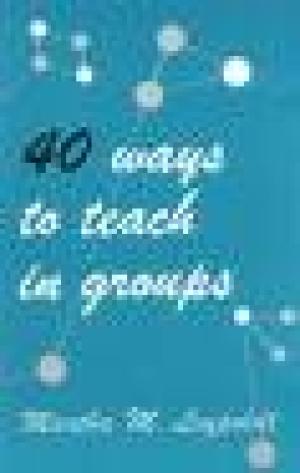
Leypoldt provides forty distinct ways to teach young people and adults, with diagrams to illustrate each method. (From the Publisher)